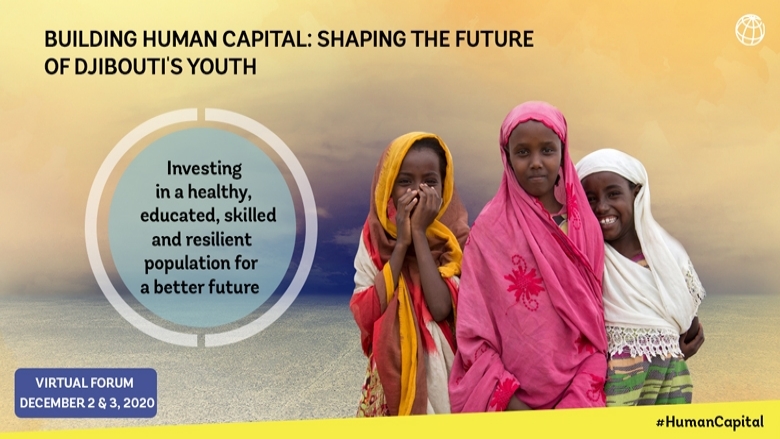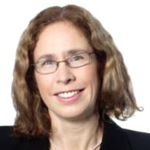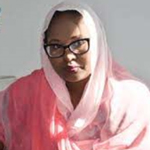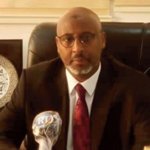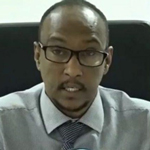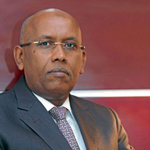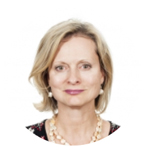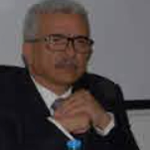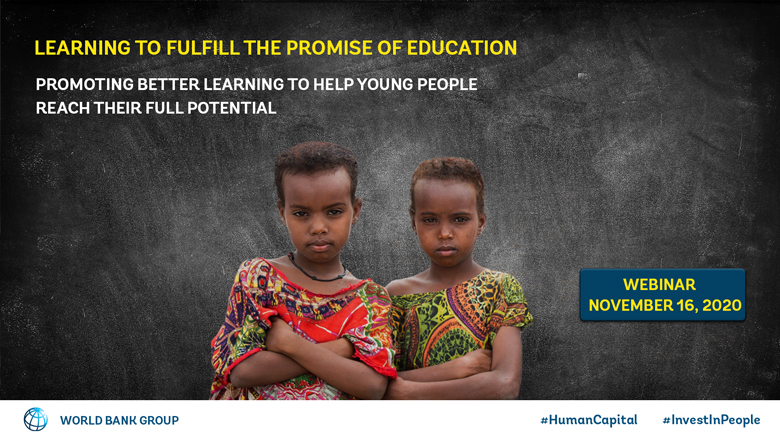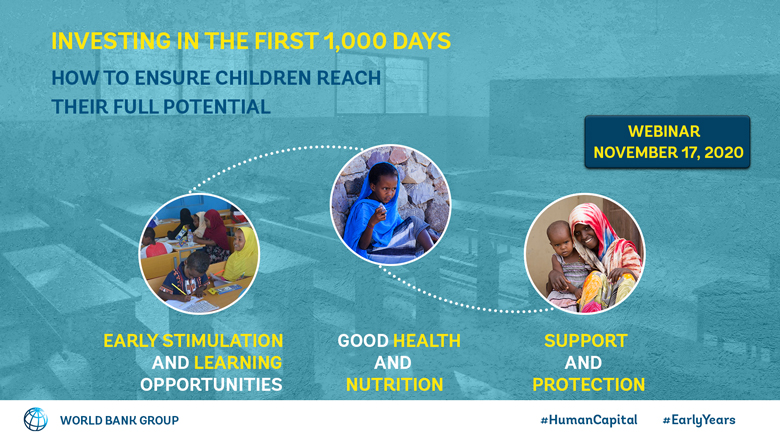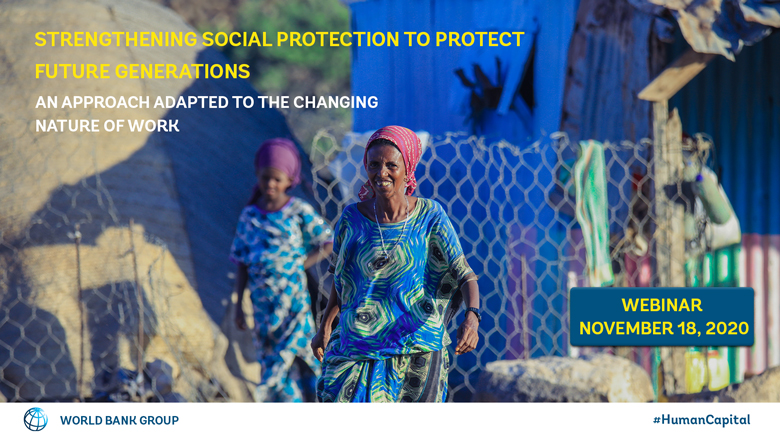Learning to fulfill the promise of education
Promoting better learning to help young people reach their full potential
November 16, 2020
In Djibouti, access to education at all levels remains a major challenge. At least one in five school-aged students has never been to school. With 9.6 years of education before adulthood, education and learning levels remain low. The COVID-19 crisis has further disrupted learning and threatens to exacerbate existing challenges. Efforts are underway to strengthen assessment against learning standards, modernize the curriculum and adopt new and more interactive pedagogies - such as digital learning - adapted to the context of limited internet connectivity. Discussions focused on the learning crisis in the Middle East and North Africa, as well as in Sub-Saharan Africa, and on actions to translate investments into better learning and enhanced skills.
Invest in the first 1,000 days
How to ensure children reach their full potential
November 17, 2020
What happens in the first 1000 days determines to a large extent the course of a child's life – his or her ability to grow, learn and become a healthy and productive adult. Each year is a milestone in the development of human capital. The results of these phases are for the most part irreversible, which makes the years so important. Government representatives and Bank staff exchanged their views on the importance and benefits of investing in the early years through health care, nutrition, affection, and education, so that children can acquire the skills they need for the world of tomorrow.
Strengthening social protection to protect future generations
An approach adapted to the changing nature of work
November 18, 2020
The rapidly changing nature of work across countries at all income levels presents a challenge to the policies and programs governments put in place to help people manage risks to their livelihoods. A new approach to worker protection and social security that is more relevant and effective for a diverse and fluid world of work is needed. The presentation focused on the report "Protecting All: Risk-Sharing for a Diverse and Diversifying World of Work". The report analyzes how drivers of disruption in labor markets are challenging the foundations and viability of the social contract in low-, middle- and high-income countries. It proposes a new approach to worker protection and social security that is more relevant and effective for a diverse and fluid world of work. travail.
